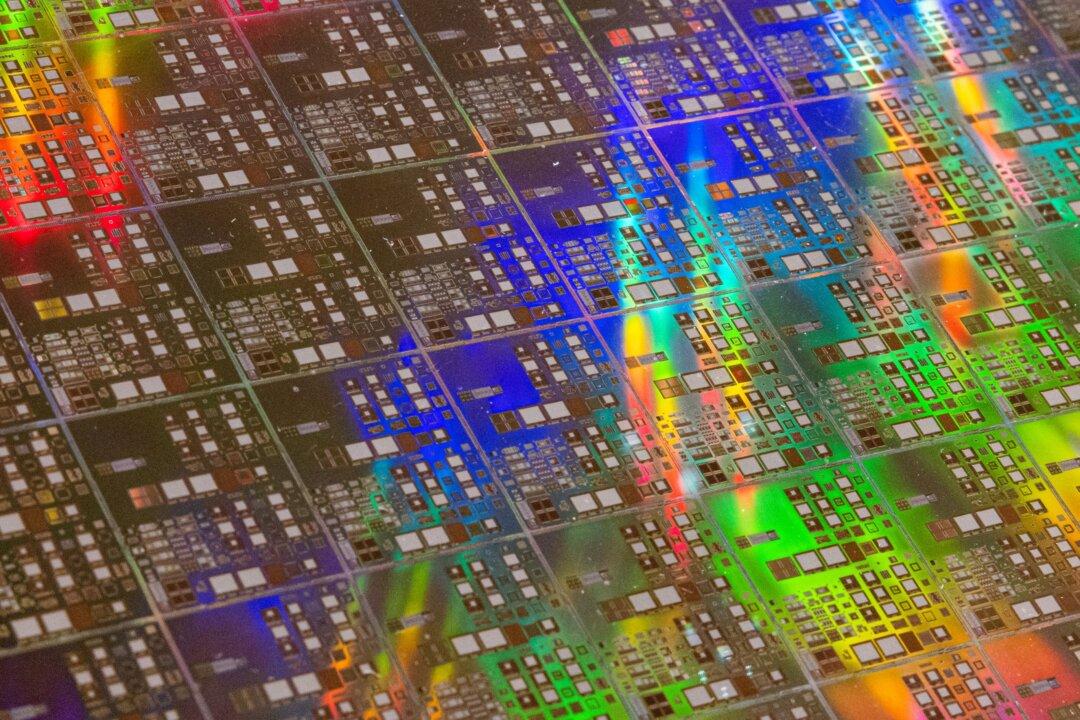While the UK government is urged to help future-proof the country’s semiconductor supply chain, there is little point to invest in the domestic production of silicon chips, experts said.
Matthew Lesh, head of public policy at the Institute of Economic Affairs, a free-market think tank, said the UK lacks a competitive advantage in semiconductor production, and that semiconductor autarky is too costly and neither realistic nor desirable as a way to bolster the UK’s supply chain.





